When the Pine Needles Fall: An evening with Katsi’tsakwas Ellen Gabriel

Ontario Institute for Studies in Education, University of Toronto
Auditorium
252 Bloor Street West
Toronto ON M5S 1V6
Canada
Much has been written about Canada’s violent siege of Kanehsatà:ke and Kahnawà:ke in the summer of 1990, but the newly released When the Pine Needles Fall: Indigenous Acts of Resistance is the first book from the perspective of Katsi’tsakwas Ellen Gabriel, who was the Kanien’kehá:ka (Mohawk) spokesperson during the siege.
On November 8, join us for an illuminating evening with Katsi’tsakwas Ellen Gabriel — renowned Indigenous land defender, human rights activist, and feminist leader — in conversation with historian Sean Carleton, co-author of When the Pine Needles Fall, along with distinguished scholars Jeffrey Ansloos, Jennifer Brant, Robyn Maynard, and Beverly Jacobs.
This event will reflect on Gabriel’s enduring work and the lessons of her advocacy, exploring critical implications for engaging with communities, educating for land defense in the face of the escalating climate crisis, strengthening international solidarity, and nourishing the transformative work of Indigenous resurgence. This conversation will be a pivotal opportunity to consider how we can collectively act to ensure a decolonial future for all.
There will be an opportunity to purchase the book and to have it signed by the authors at the event.
This event is hosted by the Ontario Institute for Studies in Education, Between the Lines Books, Critical Health and Social Action Lab, Indigenous Education Network, and Indigenous Literatures Lab.
About the Speakers
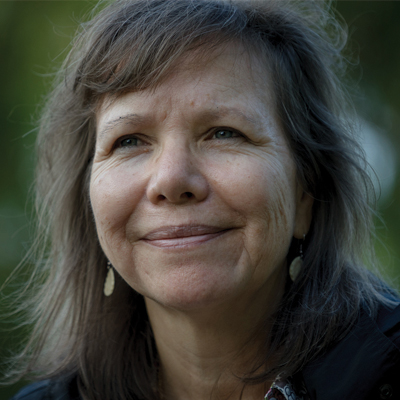
Katsi’tsakwas Ellen Gabriel is a Kanien’kehá:ka, Wakeniáhton (Turtle Clan), artist, documentarian, and Indigenous human rights and environmental rights activist living in Kanehsatà:ke Kanien’kehá:ka Homelands.
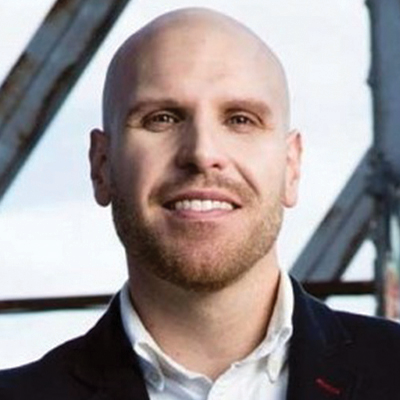
Sean Carleton is a settler historian and professor of history and Indigenous Studies at the University of Manitoba in Winnipeg, Manitoba, Treaty 1 Territory.
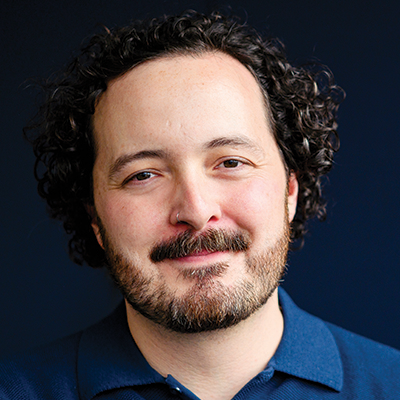
Jeffrey Ansloos is Associate Professor of Indigenous Health and Social Policy and the Canada Research Chair in Indigenous Studies in Health and Environmental Justice at the Ontario Institute for Studies in Education at the University of Toronto. He is the Director of the Critical Health and Social Action Lab, where his research focuses on affective, socio-ecological and political dimensions of Indigenous peoples’ health, including intersections of state violence, policing, and environmental racism on mental health and suicide. Ansloos is Cree and English, and belongs to Fisher River Cree Nation (Ochekwi-Sipi; Treaty 5).
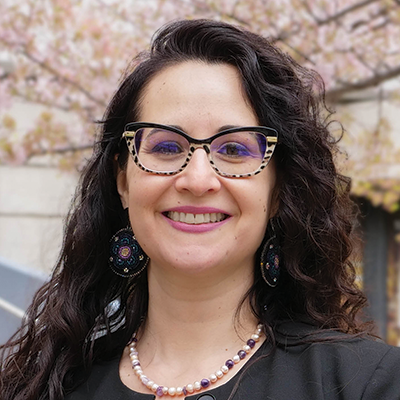
Jennifer Brant is an Associate Professor in the Department of Curriculum, Teaching and Learning at the Ontario Institute for Studies in Education. She belongs to the Kanien’kehá:ka (Mohawk Nation) with family ties to Six Nations of the Grand River Territory and Tyendinaga Mohawk Territory. Dr. Brant's research focuses on Indigenous maternal pedagogies as liberatory praxis, and she is the current faculty co-chair of the Indigenous Education Network as well as the director of the Indigenous Literatures Lab.
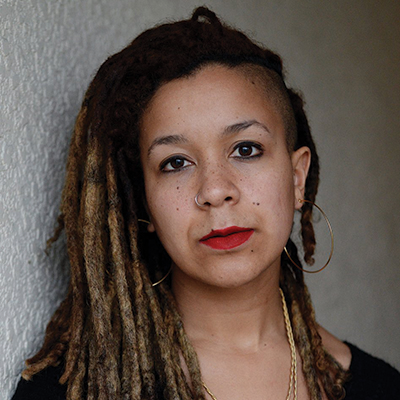
Robyn Maynard is an Assistant Professor of Black Feminisms in Canada at the University of Toronto-Scarborough in the Department of Historical and Cultural Studies. Her writing on borders, policing, abolition and Black feminism is taught widely in universities across Canada, the United States and Europe. Maynard is the author of Policing Black Lives: State violence in Canada from slavery to the present (Fernwood 2017), a national bestseller and designated as one of the “best 100 books of 2017” by the Hill Times.

Beverly Jacobs is the Senior Advisor to the President on Indigenous Relations and Outreach at the University of Windsor and an Associate Professor in the Faculty of Law. She practices law part-time at her home community of Six Nations of the Grand River Territory. Her research focuses on Indigenous Legal Orders, Indigenous Wholistic Health, Indigenous Research Methodologies, and Decolonization of Eurocentric Law.